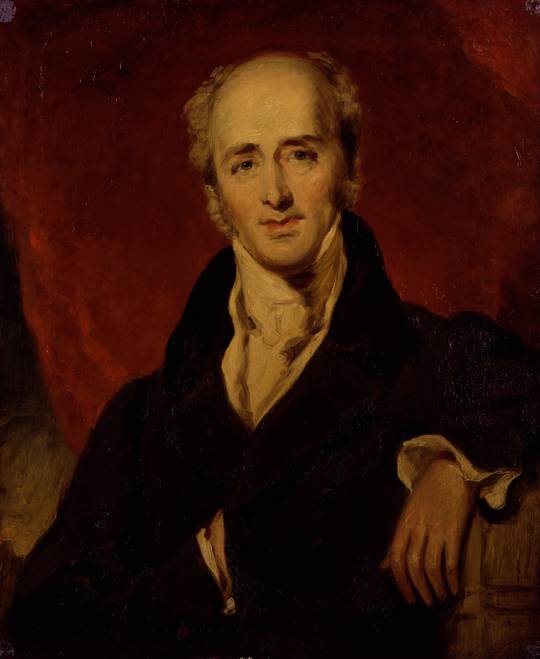After half a lifetime of waiting, Grey (1764-1845) took office at the head of a reforming administration, but several of the reforms were misguided. The 1832 Reform Act expanded the electorate by only a net 15% and disfranchised many working-class voters; its main effect was to gerrymander the electoral system heavily in favour of the Whigs. The campaign of agitation to pass it, promising working-class Radicals favours the Whigs had no intention of granting, and the threatened gerrymander of the House of Lords to get it through, were far more damaging than the legislation itself.
Abolition of slavery was a major achievement, comparable to Grenville’s abolition of the slave trade in 1807, although Whig fiscal mismanagement made it more economically damaging than it needed to be.
The 1834 Poor Law, introducing compulsory workhouses and the principle of “less eligibility” was a thoroughly cruel piece of legislation, driven by misguided Benthamite economic theory, that was deservedly highly unpopular. Together with the broken promises of 1831-32, it led to 15 years of working-class discontent that contrasted with the quiescent and prosperous 1820s.
Grey’s achievements in only 3½ years in office were substantial but his record is highly equivocal; he should rank in the 20s at best.
